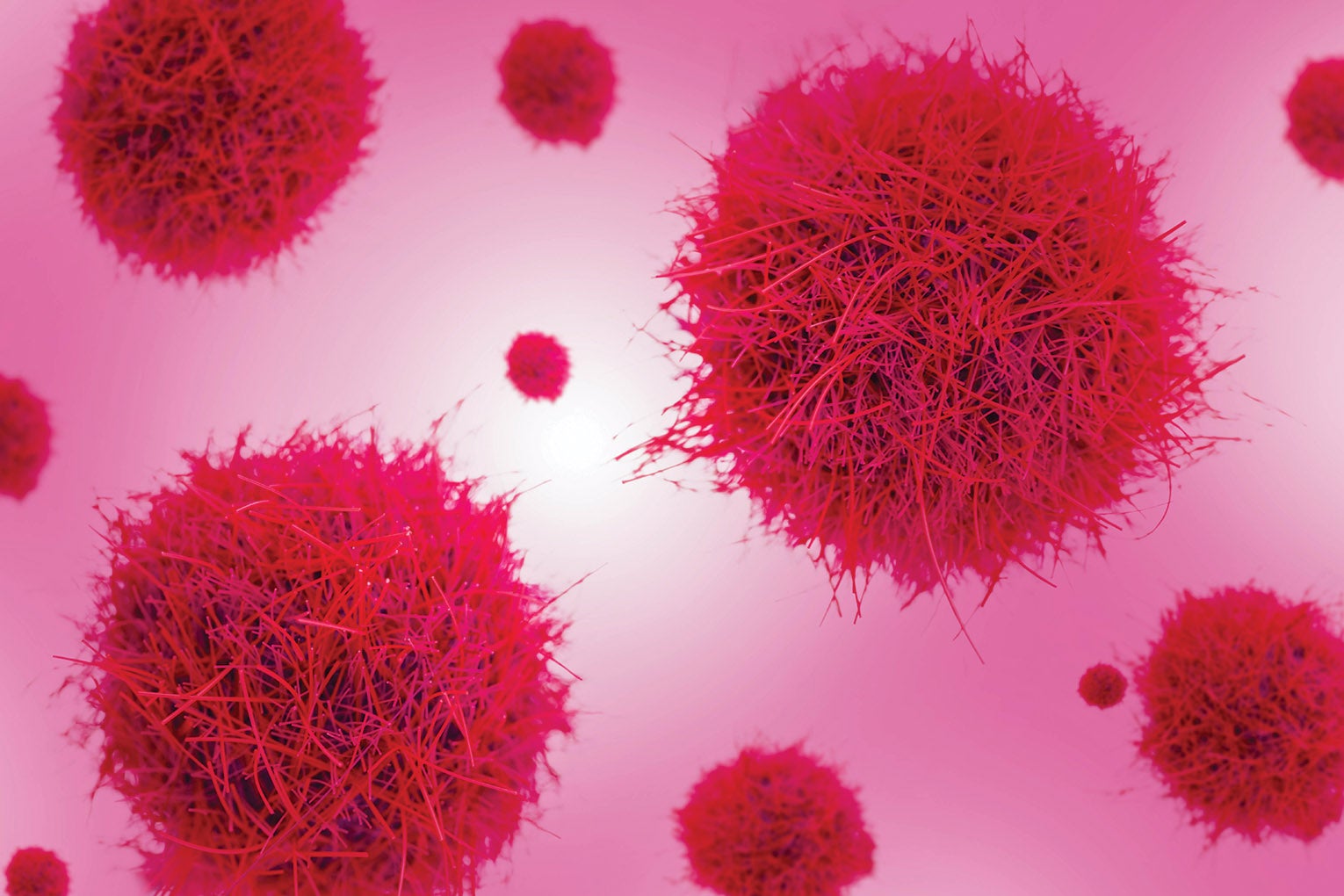WASHINGTON, DC, — The world has been in a state of extreme stress for nearly two years now since the breakout of the COVID pandemic. Sadly, there appears to be no end in sight. We may not be able to do anything about the cause but, perhaps, there is a way to deal with the effects by adapting to the stressors, not in a psychological way; rather by ingesting aptly named herbal medicines called adaptogens. Of course, before you begin self-medicating, whether the drug is a natural medication or a chemical-based medicine, it’s important that you consult your healthcare provider.
Lest you think somebody came up with the “adaptogens” moniker to mask a 21
st Century version of snake oil, think again. Or, at least, consider how the experts at the
National Institutes of Health came to the conclusion that they might just be what the doctor orders in dealing with stress: “Adaptogens were initially defined as substances that enhance the ‘state of non-specific resistance’ in stress, a physiological condition that is linked with various disorders of the neuroendocrine-immune system. Studies on animals and isolated neuronal cells have revealed that adaptogens exhibit neuroprotective, anti-fatigue, antidepressive, anxiolytic, nootropic and CNS stimulating activity. In addition, a number of clinical trials demonstrate that adaptogens exert an anti-fatigue effect that increases mental work capacity against a background of stress and fatigue, particularly in tolerance to mental exhaustion and enhanced attention.”
In other words, adaptogens are not some new concoction. In fact, its origins date back thousands of years and “is a traditional herbal medicinal product consisting of a fixed combination of [plant] extracts.” And, according to the Healthline Website, they can increase your resistance to stress, help you deal with exhausting situations and, as a bonus, they may also help you deal with weight gain.
Leslie Korn, PhD, a Harvard Medical School-trained traumatologist, was consulted on the use of adaptogens for
the Healthline report and she says that they can enhance our “ability to come into balance” – a condition that the Mayo Clinic describes this way: “Balance problems can make you feel dizzy, as if the room is spinning, unsteady, or lightheaded. You might feel as if the room is spinning or you’re going to fall down.”
The Healthline report provides an example of how adaptogens work. “When we face a stressor, whether physical or mental, our bodies go through what’s called general adaptation syndrome (GAS). GAS is a three-stage response: alarm, resistance, and exhaustion. Adaptogens help us stay in the resistance phase longer, via a stimulating effect that holds off the exhaustion. Instead of crashing in the midst of a stressful moment, task, or event, we attain equilibrium and can soldier on.” The report goes on to suggests that you can take adaptogens as “herbal supplements in capsule form, added to smoothies as powders, or concocted into teas or soups.” But it warns that you should consult with your doctor before taking any medications.
Here are a few the host of adaptogens that are available and what conditions they may serve:
· American ginseng (Panax quinquefolius): Boosts working memory, reaction time, calmness, and immune system
· Ashwagandha (Withania somnifera): Reduces stress and anxiety
· Eluethero root (Eleutherococcus senticosus): Improves focus and staves off mental fatigue
· Tulsi/Holy basil (Ocimum sanctum): Reduces physical and mental stress, stress-related anxiety, and depression
###
